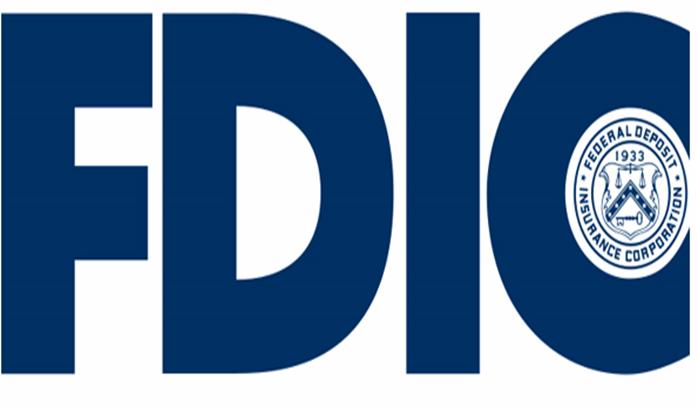Are loss-share lenders gouging us?
In the wake of the recent real-estate meltdown, the borrower of a nonperforming loan called his lender with promising news: “I have a buyer looking to make an all-cash offer for my Florida property. Will you meet with us tomorrow?” The lender’s answer: “No.”
Disturbingly, this implausible response is not uncharacteristic of lenders who exploit FDIC loss-share agreements by seeking to foreclose on nonperforming loans, even when prudent business judgment calls for short sale or loan modification solutions. By perverting the terms and spirit of loss-share agreements, these lenders are reaping windfalls while prolonging the foreclosure crisis, depressing real-estate values and sticking taxpayers with the bill.
The FDIC uses loss-share agreements to encourage lenders to buy the loan portfolios of failed banks. The loans are sold at discounts of up to 65 percent and deals are “sweetened” with loss protection guarantees of up to 95 percent (including legal fees). “Losses,” however, are not based on the discounted price paid for the loans, but on their original value.
For instance, let’s say the FDIC transfers a $350,000 home loan to Bank A at a 30 percent discount ($245,000) with a 90 percent loss-share guarantee. Bank A then sells the home at foreclosure for $150,000. According to the FDIC, Bank-A’s “loss” is $200,000 ($350,000 minus $150,000) and a check for $180,000 is cut to cover 90 percent of the “loss.”
With sale proceeds of $150,000 and loss reimbursement of $180,000, Bank A just made $85,000 by foreclosing on an American family with taxpayers paying the expenses and much of the profit.
If a lender can make $85,000 by foreclosing without regard to costs, there remains little incentive to deal with the uncertainty and negotiating pains of a short sale and zero incentive to modify loans. In other words, the exploitation of loss-share turns traditional collection practices upside-down.
Check out the rest here…
~


No Comment